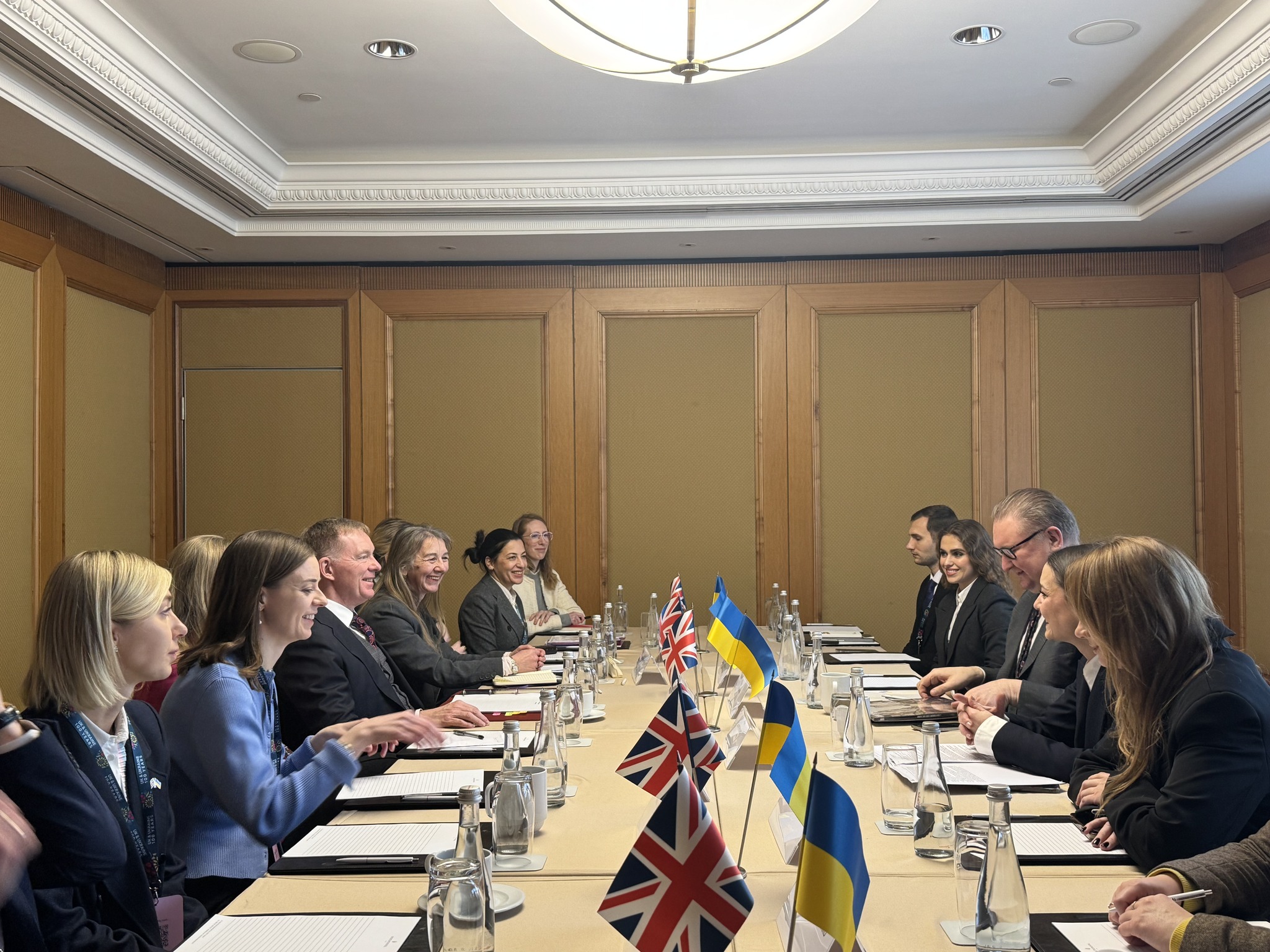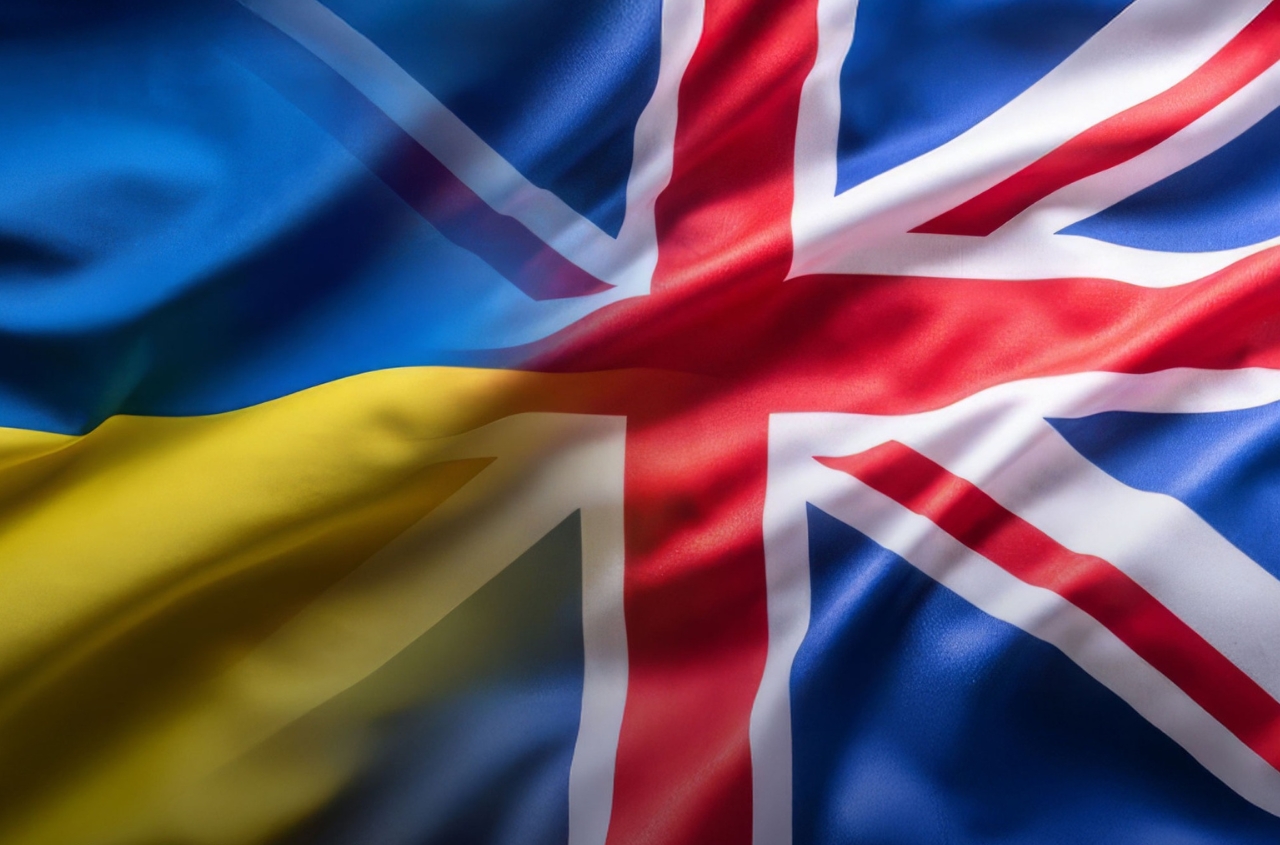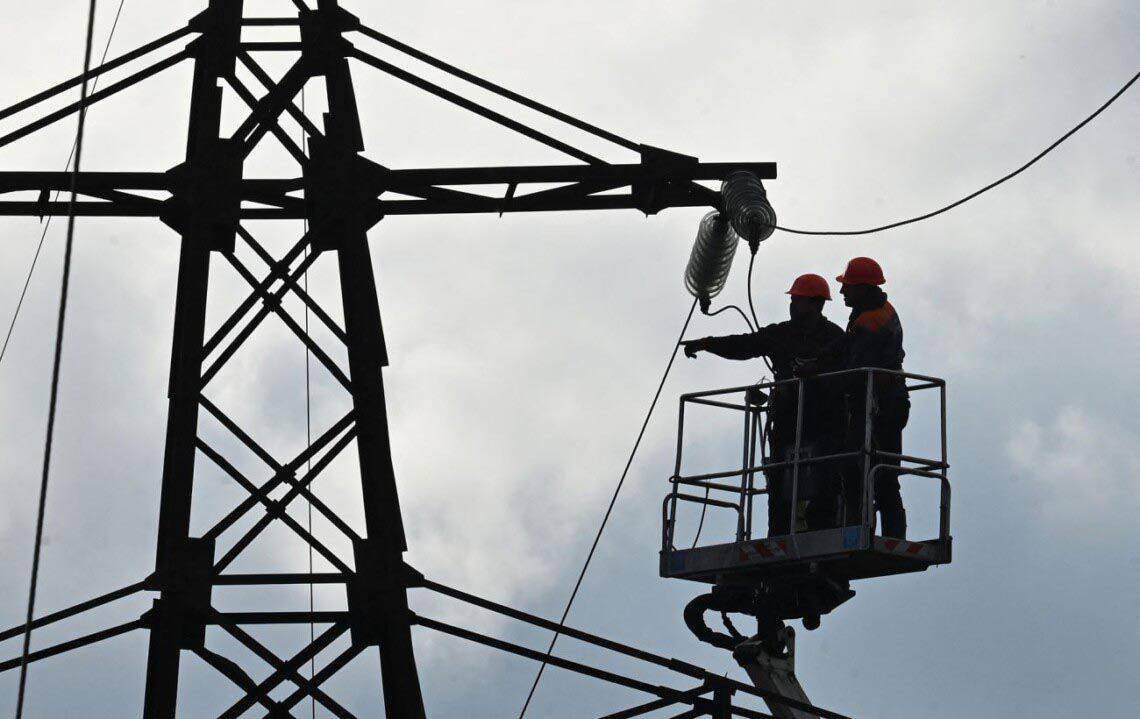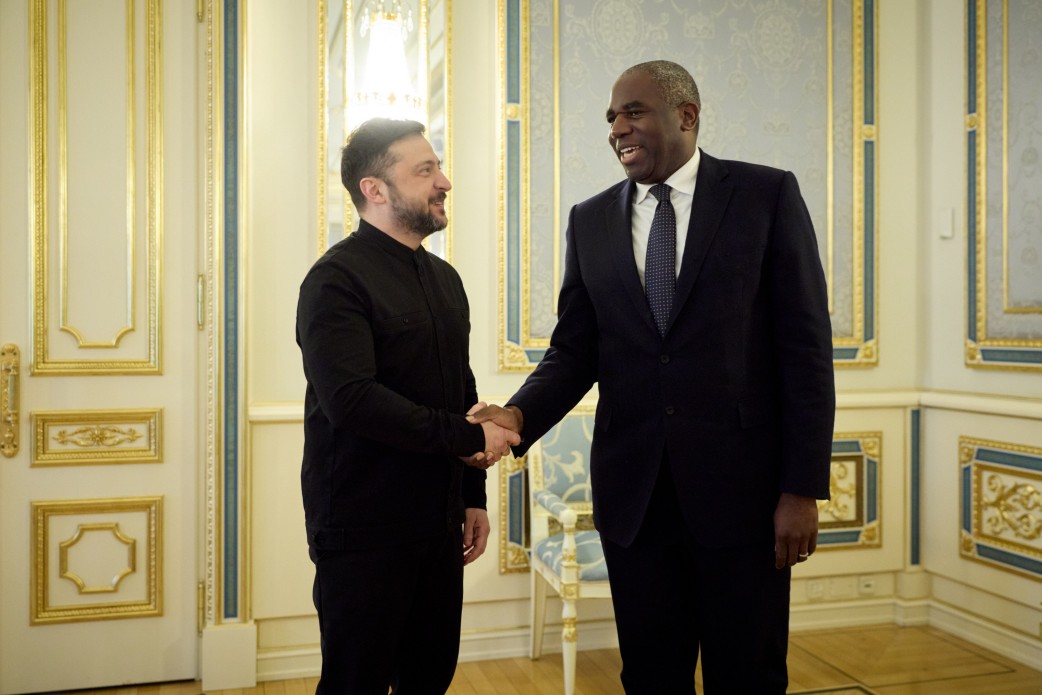In Warsaw, on March 6, a general strike of farmers began, according to a correspondent for Radio Liberty.
Organizers announced the participation of over 100,000 people from across Poland: in addition to farmers, foresters, hunters, and miners are expected to participate.
Farmers gathered near the government building and later marched to the Parliament. The protest is accompanied by loud sirens and whistles. Despite police calls not to use fireworks, participants of the protest are lighting fires and setting off firecrackers.
The demands of the farmers remain unchanged - they are opposed to the European "green course" and demand an end to the import of agricultural products from non-EU countries, primarily from Ukraine.
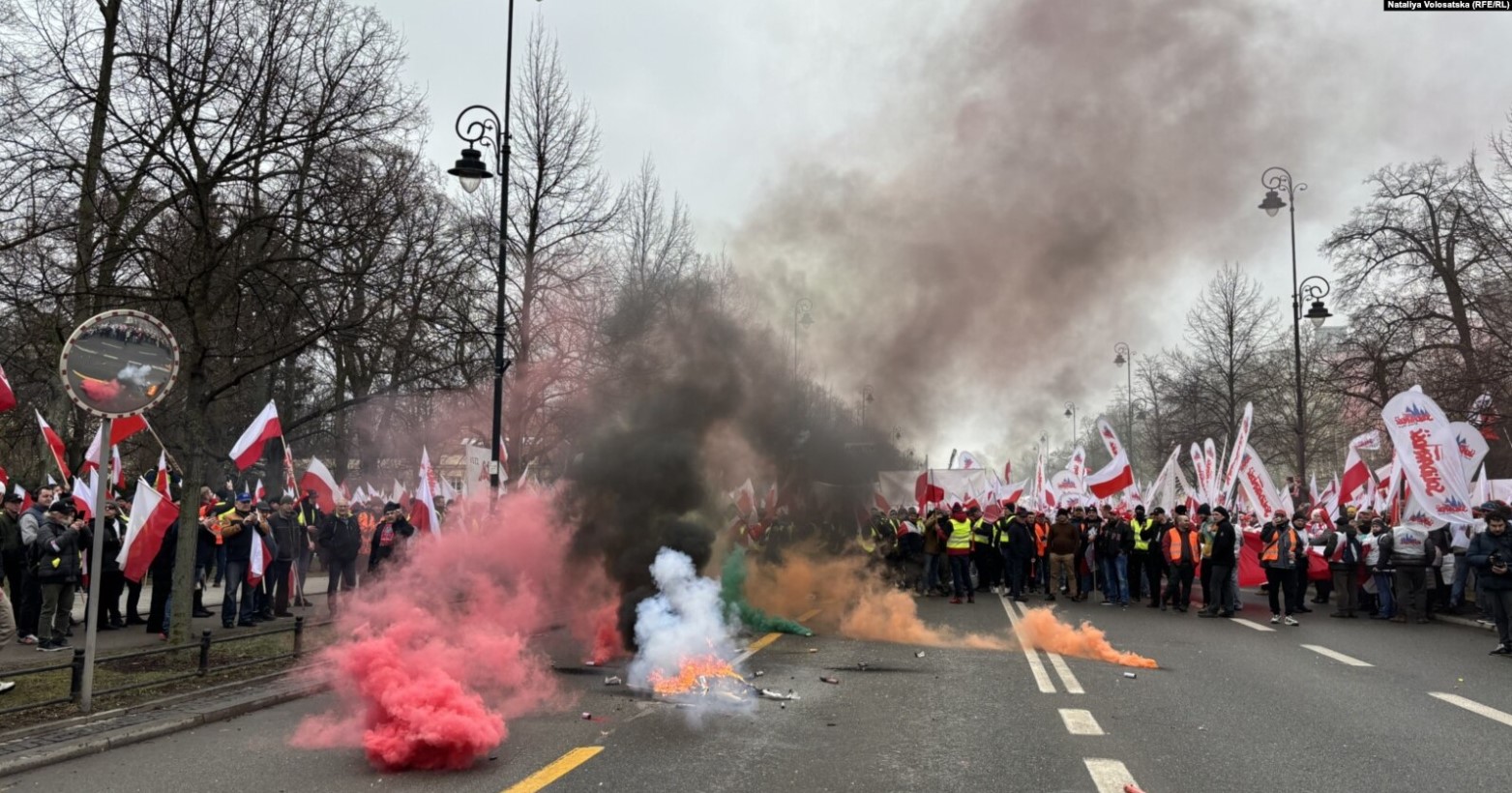
Security measures have been strengthened in Warsaw. Police with dogs are inspecting public transport stops, sewer grates, and trash bins.
The farmers are hoping that someone from the government will come out to talk to them. However, Prime Minister Donald Tusk invited the farmers to the second stage of negotiations only on Saturday, March 9th.
The official position of Warsaw is that the EU should help Polish farmers export and sell surplus grain, which, according to Donald Tusk, amounts to nine million tons. As for imposing an embargo on Russian and Belarusian agricultural products, the Polish Sejm intends to appeal to the European Commission to make such a decision jointly, rather than unilaterally as Latvia did.
















